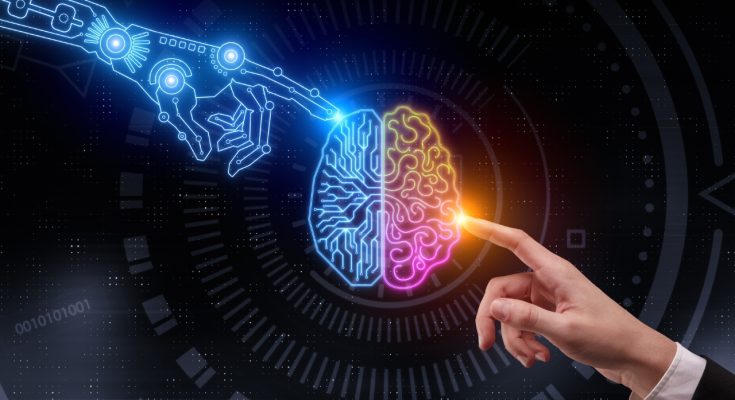In recent years, the integration of artificial intelligence (AI) into various aspects of our lives has sparked both excitement and skepticism. One area where AI is making significant strides is in language learning. As technology advances, can machines effectively engage in something as nuanced and interactive as word games? Let’s explore this fascinating intersection of AI and language learning.
Understanding Artificial Intelligence in Language Learning
Artificial intelligence, often abbreviated as AI, refers to the simulation of human intelligence in machines that are programmed to think and learn like humans. In language learning, AI algorithms analyze vast amounts of linguistic data to understand patterns, meanings, and contexts. This capability forms the basis for various applications in language education, including translation, speech recognition, and yes, even playing word games.
AI’s Role in Traditional Language Learning Methods
Traditional language learning methods typically involve textbooks, grammar drills, and conversation practice. While these methods are effective, they often lack the personalized feedback and adaptive learning experiences that AI can provide. AI-powered language learning platforms can tailor lessons to individual learners’ strengths and weaknesses, offering targeted exercises and real-time feedback.
The Evolution of AI-Powered Language Learning Platforms
Over the past decade, AI-powered language learning platforms have evolved significantly. Companies like Duolingo, Babbel, and Rosetta Stone have integrated AI algorithms to enhance user experience and learning outcomes. These platforms use AI to assess learners’ progress, adapt lesson difficulty, and even generate personalized quizzes and games based on learners’ preferences.
Can Machines Play Word Games?
One of the most intriguing applications of AI in language learning is its ability to engage learners through interactive word games. Traditionally, word games such as crossword puzzles, word searches, and Scrabble have been popular tools for vocabulary building and cognitive stimulation. Now, AI is stepping into this arena, offering new possibilities and challenges.
AI’s Approach to Word Games
AI approaches word games differently from humans. Instead of relying on intuition or associative thinking, AI algorithms excel in pattern recognition and probabilistic decision-making. For example, in Scrabble, AI programs analyze the board layout, available letters, and potential word scores to determine the optimal move—a feat that requires not just linguistic knowledge but also strategic thinking.
Challenges and Limitations
Despite AI’s impressive capabilities, it faces several challenges when it comes to playing word games. Natural language understanding, especially in the context of puns, idioms, and metaphors, remains a hurdle for AI systems. These linguistic nuances, which humans grasp effortlessly, often elude even the most sophisticated AI models.
The Future of AI in Language Learning and Word Games
Looking ahead, the future of AI in language learning and word games appears promising yet uncertain. As AI continues to advance, researchers are exploring innovative approaches to enhance AI’s linguistic capabilities. From deep learning algorithms to neural networks, the quest to create AI systems that can comprehend and creatively engage with language is ongoing.
Ethical Considerations
As AI becomes more integrated into language learning, ethical considerations arise. Privacy concerns, data security, and the potential for algorithmic bias are pressing issues that educators and technologists must address. Ensuring transparency and accountability in AI development and deployment is essential to fostering trust and ethical use of AI in education.
Beyond Word Games: AI’s Broader Impact on Language Learning
Beyond word games, AI’s broader impact on language learning is transformative. From automated language translation to personalized tutoring systems, AI technologies are reshaping how languages are taught and learned worldwide. These innovations hold promise for democratizing access to quality education and promoting linguistic diversity.
Read More; The Role of Word Games in Preserving Indigenous Languages and Cultures
Conclusion
In conclusion, the rise of artificial intelligence in language learning presents a dual narrative of innovation and adaptation. While AI-powered platforms offer unprecedented opportunities for personalized learning and interactive engagement through word games, challenges persist in replicating human-like linguistic understanding and creativity. As technology continues to evolve, so too will our understanding of AI’s role in language education. Whether machines can truly play word games in the fullest sense remains an open question—one that invites exploration, experimentation, and ongoing dialogue.




